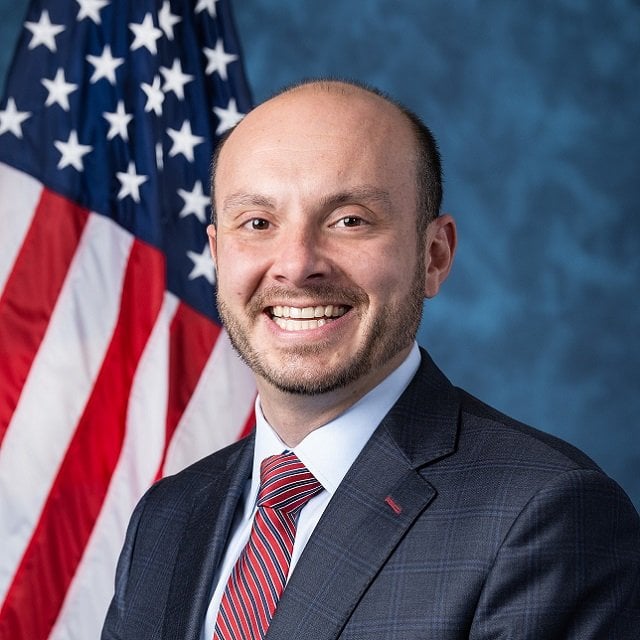Bill Could Help Clients With Breast Cancer Get Quick Medicare Access

What You Need to Know
Rep. Andrew Garbarino, R-N.Y., introduced the bill, and Rep. Kathy Castor, D-Florida, is the co-sponsor.
A version introduced in the 117th Congress had 240 House co-sponsors 29 co-sponsors for a companion bill in the Senate.
One potential obstacle: Concerns about fair treatment for people with other serious health problems.
House members have brought back a bill that could help clients with metastatic breast cancer get quick access to Medicare and Social Security disability insurance.
H.R. 549, the Metastatic Breast Cancer Access to Care Act bill, would exempt people with breast cancer that has spread from the usual waiting periods for SSDI income benefits and enrollment in Medicare.
Rep. Andrew Garbarino, R-N.Y., introduced the bill. He overcame the current friction between Republicans and Democrats in the House and listed Rep. Kathy Castor, D-Fla., as a co-sponsor.
What It Means
If H.R. 549 becomes law — or even comes up for discussion at a House hearing — conversations about it could be a way to get clients interested in hearing about the limitations of the Social Security disability insurance program and the availability of commercial disability insurance.
The History
The version of the bill on the agenda for the 118th Congress is similar to care access bills introduced in the 115th, 116th and 117th congresses. It has support from the National Breast Cancer Coalition and other patient support groups.
H.R. 3183, the House version introduced in the 117th Congress, had 240 co-sponsors. A Senate companion bill, S. 1312, had 29 co-sponsors.
The new version is under the jurisdiction of the House Ways and Means Committee.
Disability Benefits Waiting Periods
Under normal SSDI program rules, applicants determined to be seriously disabled qualify for Medicare benefits after a five-month waiting period and Social Security income benefits after a two-year waiting period.




